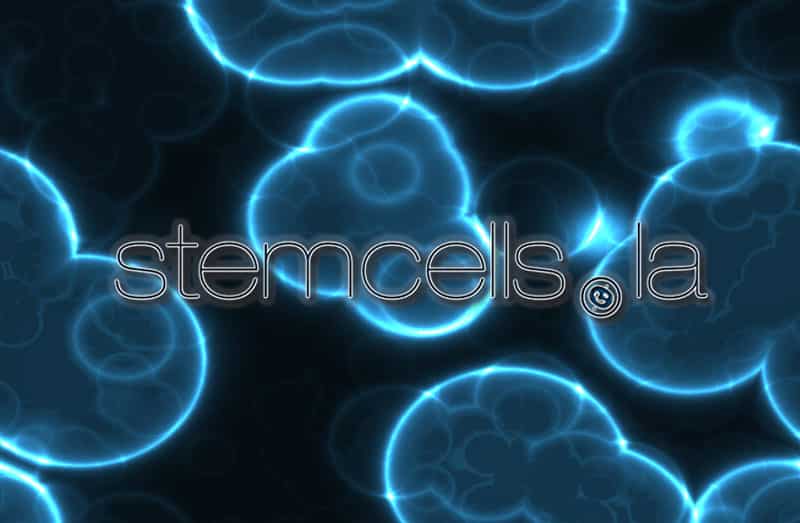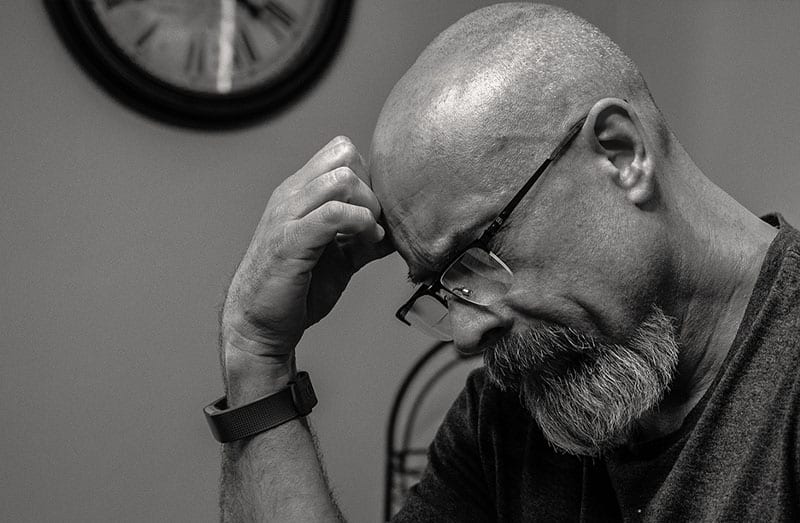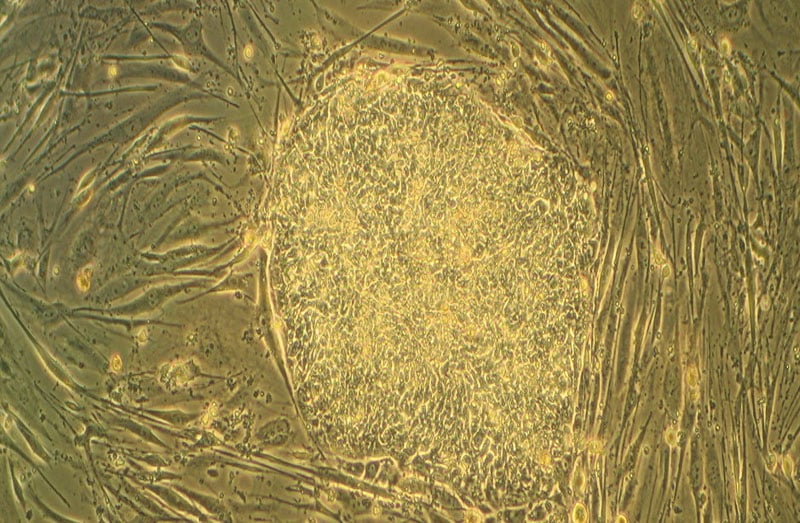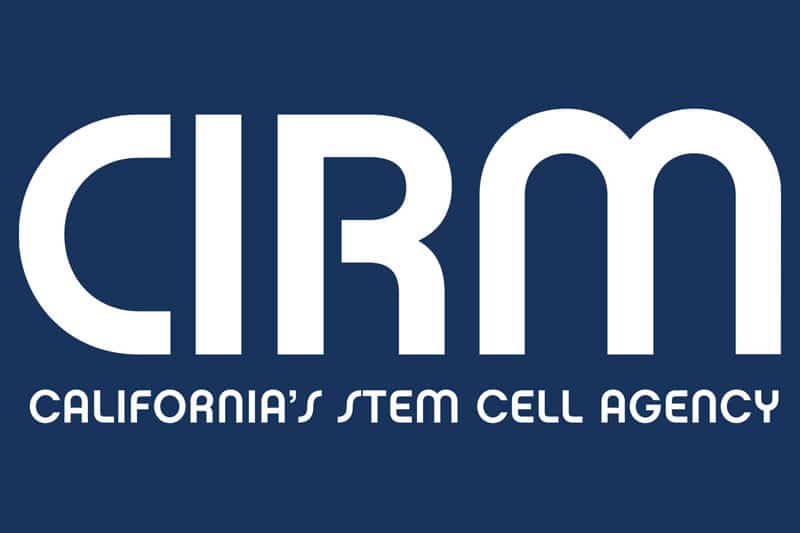Stem Cells for Tendonitis: Unleashing the Potential of Mesenchymal Stem Cells to Aid in Tendon Injury

Using stem cells for tendonitis involves injections directly into the injured tendon, leveraging their unique abilities for healing.
Finding a Qualified Los Angeles Stem Cell Doctor

If you’re suffering from long-term injuries or degenerative disorders, you need to find a qualified Los Angeles stem cell doctor.
Where Can I Get Stem Cell Therapy in LA?

Stem Cells LA is the #1 choice for stem cell therapy in LA. Call us at 310-281-6160 to book your FREE consultation.
Can You Use Stem Cell Therapy for Arthritis in Hands?

Using stem cell therapy for arthritis in hands may be the answer you’ve been looking for to achieve long term pain relief.
Reverse Hair Loss with Stem Cell Therapy

You don’t have to put up with thinning hair and male pattern baldness. You can reverse hair loss with stem cell therapy.
Are You Searching for an Orthopedic Stem Cell Doctor?

If you’re suffering from orthopedic disease and you’re looking for a professional orthopedic stem cell doctor, contact Stem Cells LA.
Locating an LA Stem Cell Therapy Provider

If you’re looking to locate an LA stem cell therapy center and would like to receive information on treatments, contact Stem Cells LA.
COVID-19 Breakthrough Using Stem Cells?

A doctor who runs a lab in Wuhan claims he can save thousands of lives after making a breakthrough in treatment using stem cells.
Major Medical Innovation of the Century?

A Medical innovation in anti-aging suggests that between 30 & 50, our stem cells reach a turning point and start to decline in number.
CIRM Clinical Trials

Details on The CIRM (California Institute for Regenerative Medicine)’s Clinical Trials on allograft stem cell therapy treatments.

